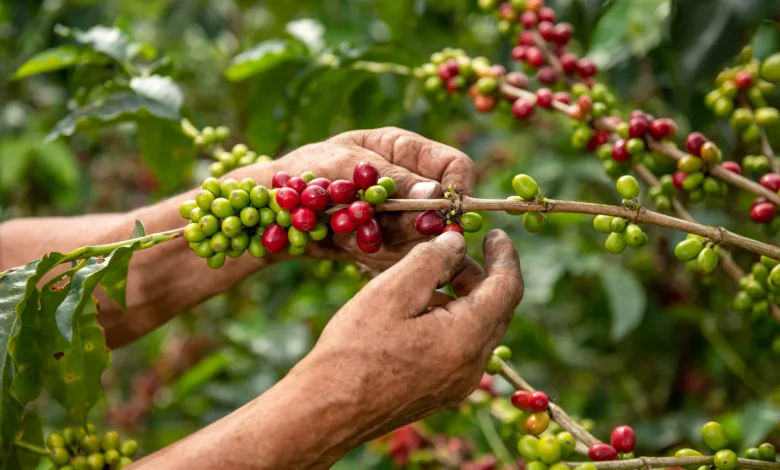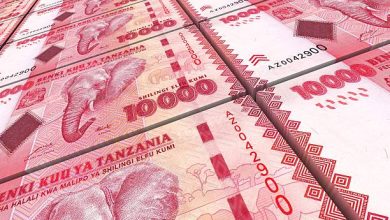HRNS inaugurates coffee, climate programme to boost coffee production

KILIMANJARO: THE non-governmental organisation Hanns R Neumann Stiftung (HRNS) has launched a new initiative aimed at helping coffee farmers manage their farms in ways that are resilient to the effects of climate change.
The Coffee and Climate Programme is expected to significantly increase coffee production in Tanzania, thereby improving farmers’ incomes and contributing to the national economy. The remarks were made over the weekend by HRNS Regional Communication Specialist, Muddy Kimwery, during the 6th Kahawa Festival held in Moshi, Kilimanjaro Region.
“To produce high-quality coffee, farmers need to adapt their practices to the changing weather conditions in the areas where they grow coffee. Good weather represents an opportunity for producing premium beans,” said Mr Kimwery.
He said that coffee, being one of Tanzania’s most valuable cash crops, requires careful attention and favourable weather for optimal yield.
“That’s why HRNS has launched this programme, to support farmers in adopting climate-smart farming practices that ensure resilience and sustainability,” he said.
Mr Kimwery explained that the programme also involves educating farmers on how to manage drought, one of the key challenges affecting coffee production.
ALSO READ: TCDC-TCB partnership seen as catalyst for coffee production growth
“We teach farmers how to harvest and conserve rainwater to prevent soil erosion and maintain moisture in the fields. This allows them to continue farming even during dry spells,” he noted.
In addition, farmers are encouraged to practice intercropping, such as planting bananas alongside coffee, which helps diversify income sources and improve household food security.
As part of the initiative, HRNS has also developed a digital tool called the Coffee and Climate App Toolbox, designed to provide practical information and education to both farmers and trainers.
“The toolbox has two user categories, trainers and coffee farmers,” Kimwery explained. “Trainers, many of whom are coffee specialists, can use the app to deepen their knowledge and train farmers. For farmers, the app provides upto-date information on coffee production and how to cope with climate change.”
Earlier, HRNS Northern Zone Coordinator, Pastory Temba, highlighted the organisation’s broader impact in Tanzania.
“Since 2006, HRNS has implemented projects that have reached over 57,000 coffee-farming households in Northern and Southern Tanzania,” he said.
Temba noted that these projects have promoted sustainable production systems for both coffee and food crops, leading to improved household incomes, better financial stability, asset growth and enhanced food security.





